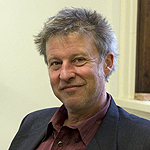
Palmié conducts ethnographic and historical research on Afro-Caribbean cultures, with an emphasis on Afro-Cuban religious formations and their relations to the history and cultures of a wider Atlantic world. His interests also include practices of historical representation and knowledge production, systems of slavery and unfree labor, constructions of race and ethnicity, conceptions of embodiment and moral personhood, medical anthropology, and the anthropology of food and cuisine. He is the author of three books, including The Cooking of History: How Not to Study Afro-Cuban Religion (University of Chicago Press, 2013), winner of the 2014 Clifford Geertz Prize from the Society for the Anthropology of Religion, and Wizards and Scientists: Explorations in Afro-Cuban Modernity and Tradition (Duke University Press, 2002), honorable mention for the Caribbean Studies Association Gordon K. and Sybil Lewis Award in 2004, as well as eleven co-authored books and edited volumes.
Palmié has served as President for the Society for the Anthropology of Religion; co-edited and authored several articles for encyclopedias, handbooks, and readers; and given numerous invited lectures, among other service to the field. He received the Quantrell Award for Excellence in Undergraduate Teaching in 2010.
Read more about Professor Palmié here.
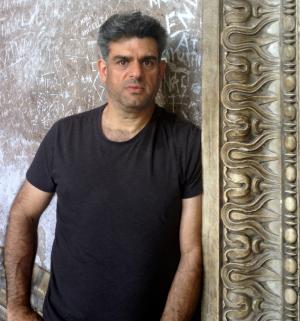
Professor Kouri's field specialties include modern Mexico; social and economic history of Latin America; agrarian studies; rural ecology; political economy; the history of ideas; Cuba and the Spanish Caribbean; and US Latino/a history.
Read more about Professor Kouri here.
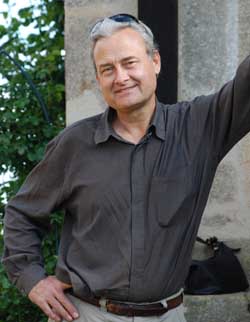
Professor Kolata's recent research interests include comparative work on agroecological systems, human-environment interactions, the human dimension of global change, agricultural and rural development, and archaeology and ethnohistory, particularly in the Andean region.
Read more about Professor Kolata here.
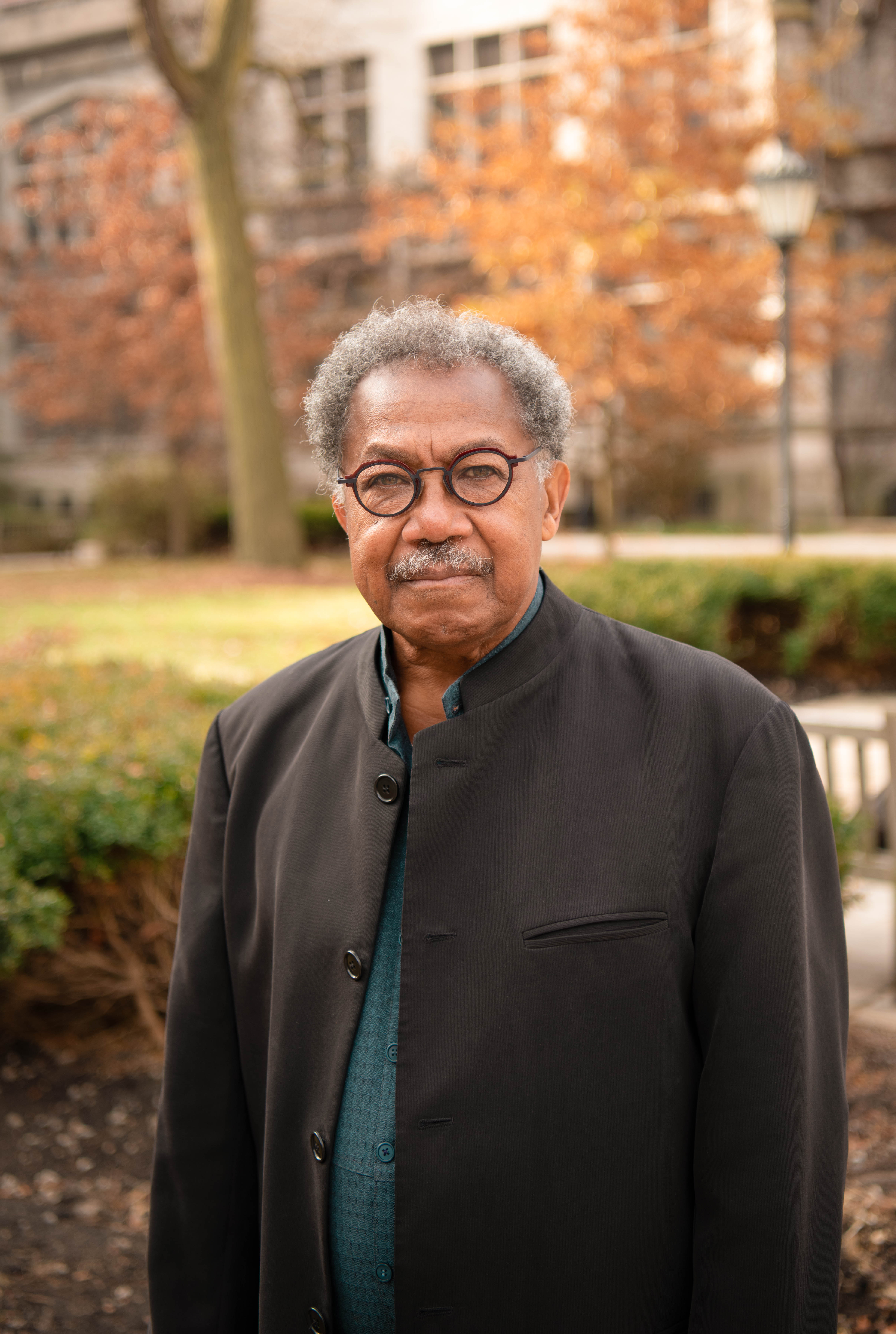
Prof. Holt has retired and no longer directs BA theses or accepts new graduate students.
Professor Holt's field specialties include the United States; African American, Southern, and British-Caribbean history. Read more about his work here.
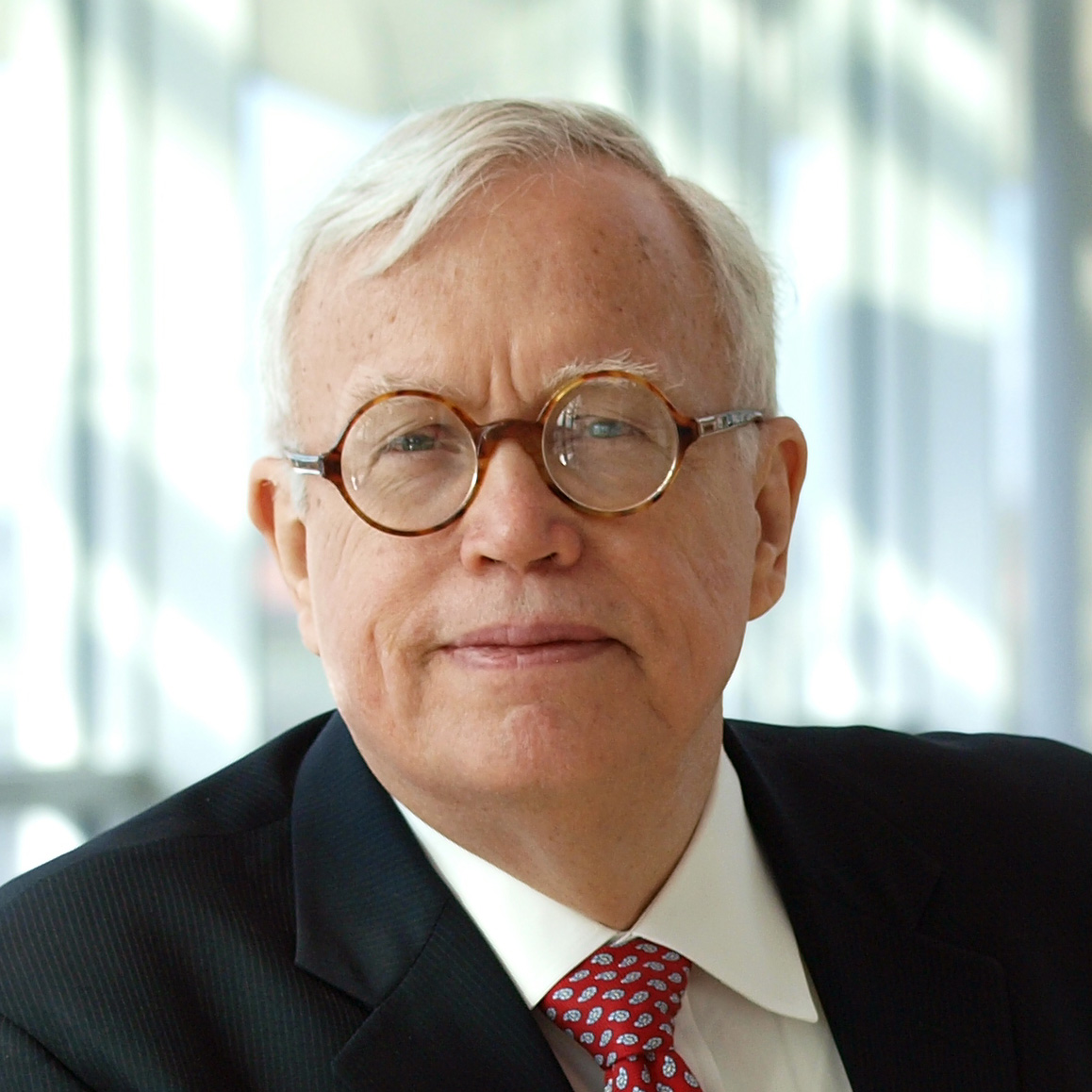
Professor Heckman, a 2000 recipient of the Sveriges Riksbank Prize in Economic Sciences in Memory of Alfred Nobel, has research interests in inequality, social mobility and economic opportunity; labor economics; lifecycle dynamics of skill formation; developmental origins of health; microeconometrics; abductive inference; and causal models rooted in economic theory.
Read more about Professor Heckman here.
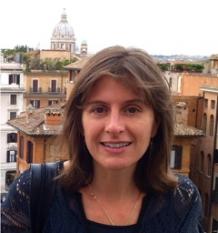
Professor Fischer is a historian of inequality and its persistence, specializing in the study of Brazil and Latin America and focusing particularly on informality, cities, citizenship, law, migration, race, and slavery. Read more about her work here.
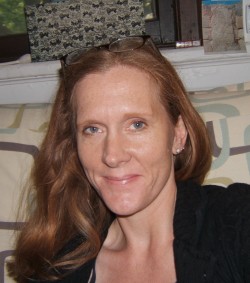
Professor Dawdy's fieldwork combines archival, ethnographic, and archaeological methods with a regional focus on the coastal communities of the U.S., Caribbean, and Mexico. The central thread running through the work concerns how landscapes and material objects mediate human relationships. Read more about Professor Dawdy here.
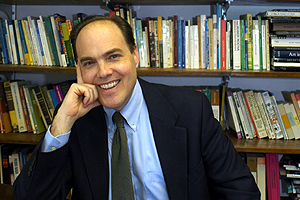
Professor Borges' field specialities are in Modern Latin America, especially Brazil and the Caribbean; intellectual history; history of the family. Read more about his work here.
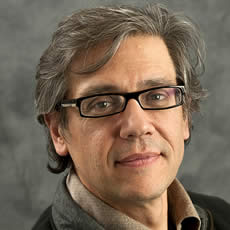
Professor Alvarez's recent research focuses on dynamic general equilibrium models applied to asset pricing, search and insurance. Read more about his work here.
